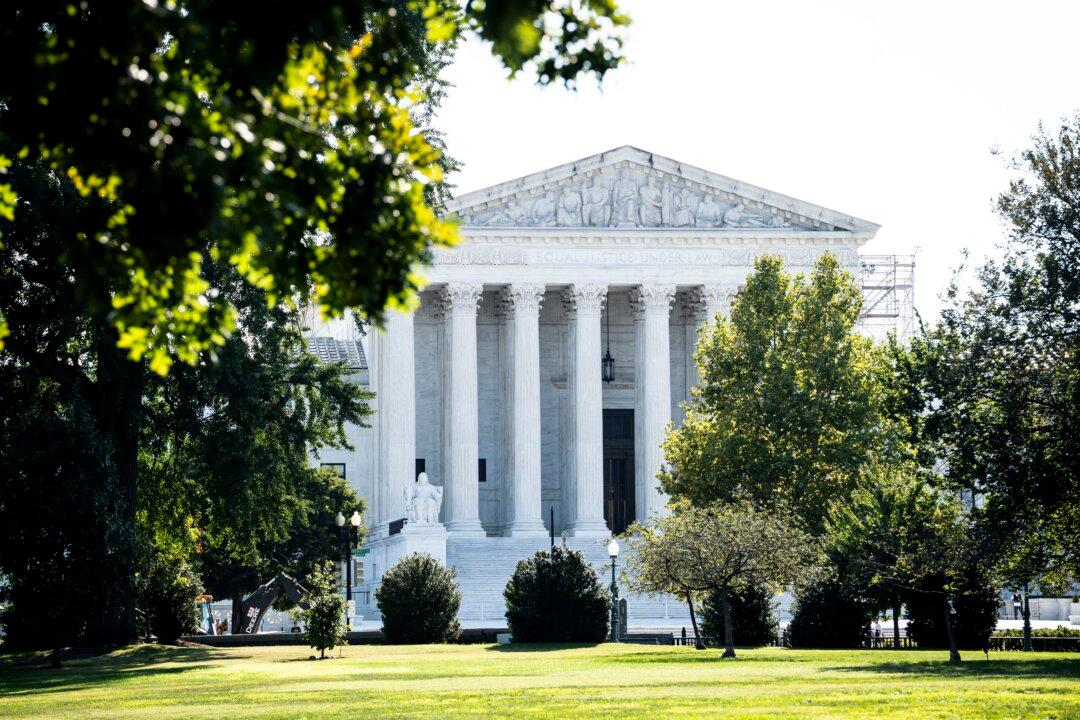The Supreme Court will soon consider whether plaintiffs who enjoy partial success in civil rights lawsuits are entitled to have the governments they sue compensate them for attorney’s fees.
Both civil rights activists and governments say the stakes are high.





